The interruption of the COVID-19 pandemic gave way to a time of reckoning for theatre and theatremakers. As we collectively emerge from the pandemic’s crucible, let me present a beacon of hope for what theatre in the United States can be, at its best: “adaptable, emergent, sustainable, and well.” I am quoting Lauren E. Turner (she/her), the founder and producing artistic director of New Orleans-based theatre company No Dream Deferred and the We Will Dream: New Works Festival. Having chronicled Lauren’s transition from working in a racially traumatizing theatre to founding her own theatre company just a few years ago, I find it striking to hear her say, “We [at No Dream Deferred] are no longer immersed in conversations about surviving predominantly white spaces. We are fully engaged in building the thing we deserve, want, and desire.”
And what might that thing be? It’s currently the We Will Dream: New Works Festival, which is setting out to serve as “a bulwark of support for the professional and artistic development of Black playwrights.” The inaugural edition of the festival runs 19 March through 19 June 2023 at the André Cailloux Center for Performing Arts and Cultural Justice in New Orleans, Louisiana, showcasing new plays by Black playwrights originating from or working in the American South. This year’s festival proudly presents three full productions and one staged reading. Running in repertory, the festival line-up features world premieres of Drapetomania: A Negro Carol by M. D. Schaffer (he/they), Where the Suga Still Sweet by Brian Egland (he/him), and The Defiance of Dandelions by Philana Imade Omorotionmwan (she/her), as well as a staged reading of Sons of Liberty by Cris Eli Blak (he/him). These productions are milestones in the playwrights’ careers: a first professional production for Philana, M. D.’s first professional production in the South, and Brian’s first time having a script licensed and play produced (rather than self-producing).
Community is a throughline, as is the relief of not having to explain oneself or one’s work.
Joy is a stated central value of the festival—as is the case with all of No Dream Deferred’s work—and it is infectious. As I spoke to the festival playwrights, they reiterated what a pleasure it has been not only to be selected for this festival, but to experience it. Community is a throughline, as is the relief of not having to explain oneself or one’s work. M. D., who hails from Texas but currently lives in New York City, says, “Having Black teams where you can be unapologetically Black in these areas is a blessing unto itself. To be vulnerable in Black circles about insecurity and have them… understand where you’re coming from, to feel that with Black Southern people, made me feel at peace.” Philana, who is originally from Baton Rouge, Louisiana and now living in New Orleans, echoes M. D.’s sentiment. She wrote The Defiance of Dandelions during her MFA playwriting program at Ohio University, where it received a workshop production directed by a white professor. Although she didn’t want to disparage the director’s work on the play, she says, “It’s nice to have a director who can bring their lived experience to the content.” When asked in interviews which artists were inspiring them right now, every playwright named their fellow playwrights in the festival. Their joy is palpable.
In addition to the heartening feeling of creating in community, this festival offers an opportunity for these four Black Southern playwrights to have their plays produced, which is a gift. It may seem too obvious to state, but let me say it anyways: productions are valuable for playwrights. As Philana says, “It’s so important to be produced to figure out if things are working or not in your play.” In fact, Philana had decided to give up on playwriting entirely before The Defiance of Dandelions was selected for the We Will Dream Festival, but as a result of her experience, she has decided to continue writing plays.

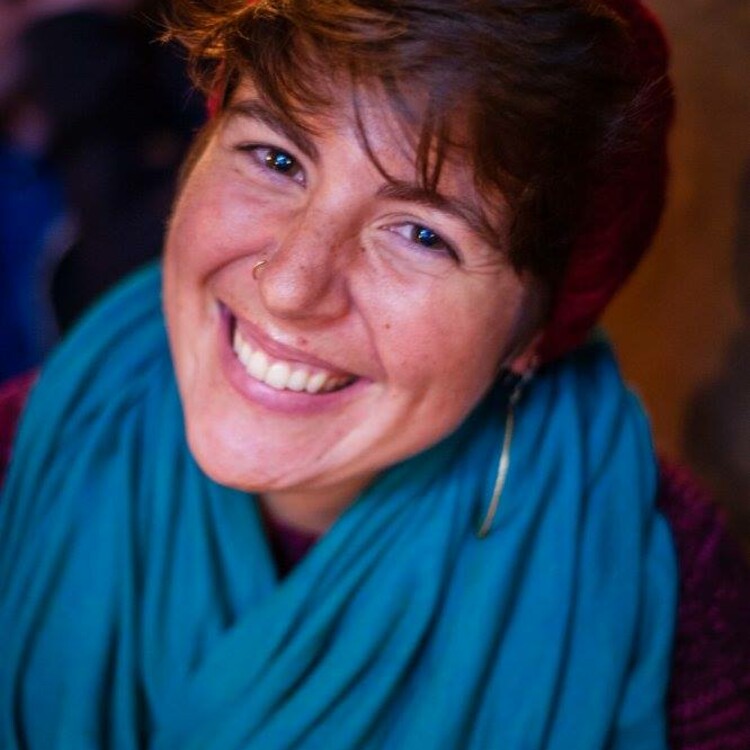
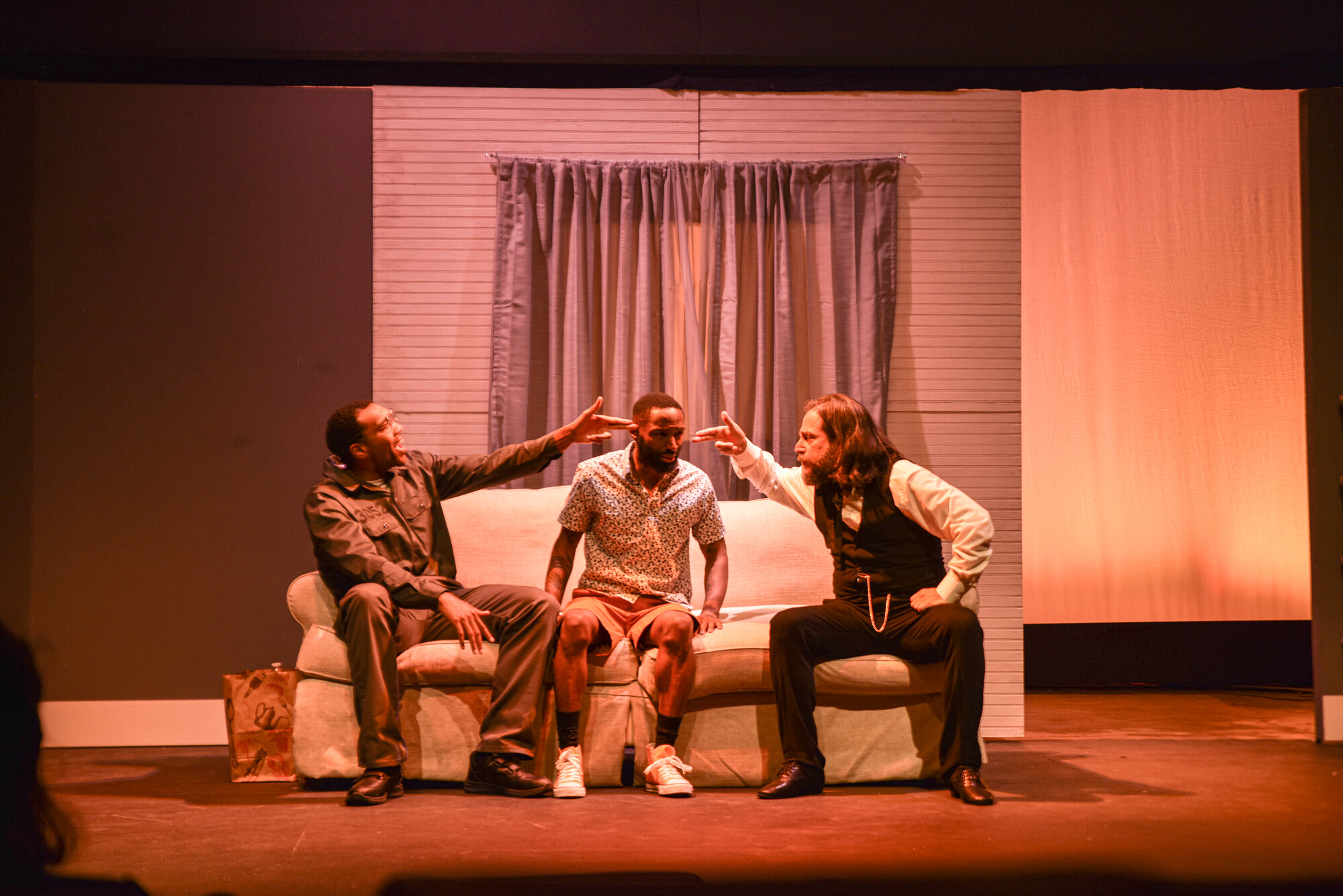
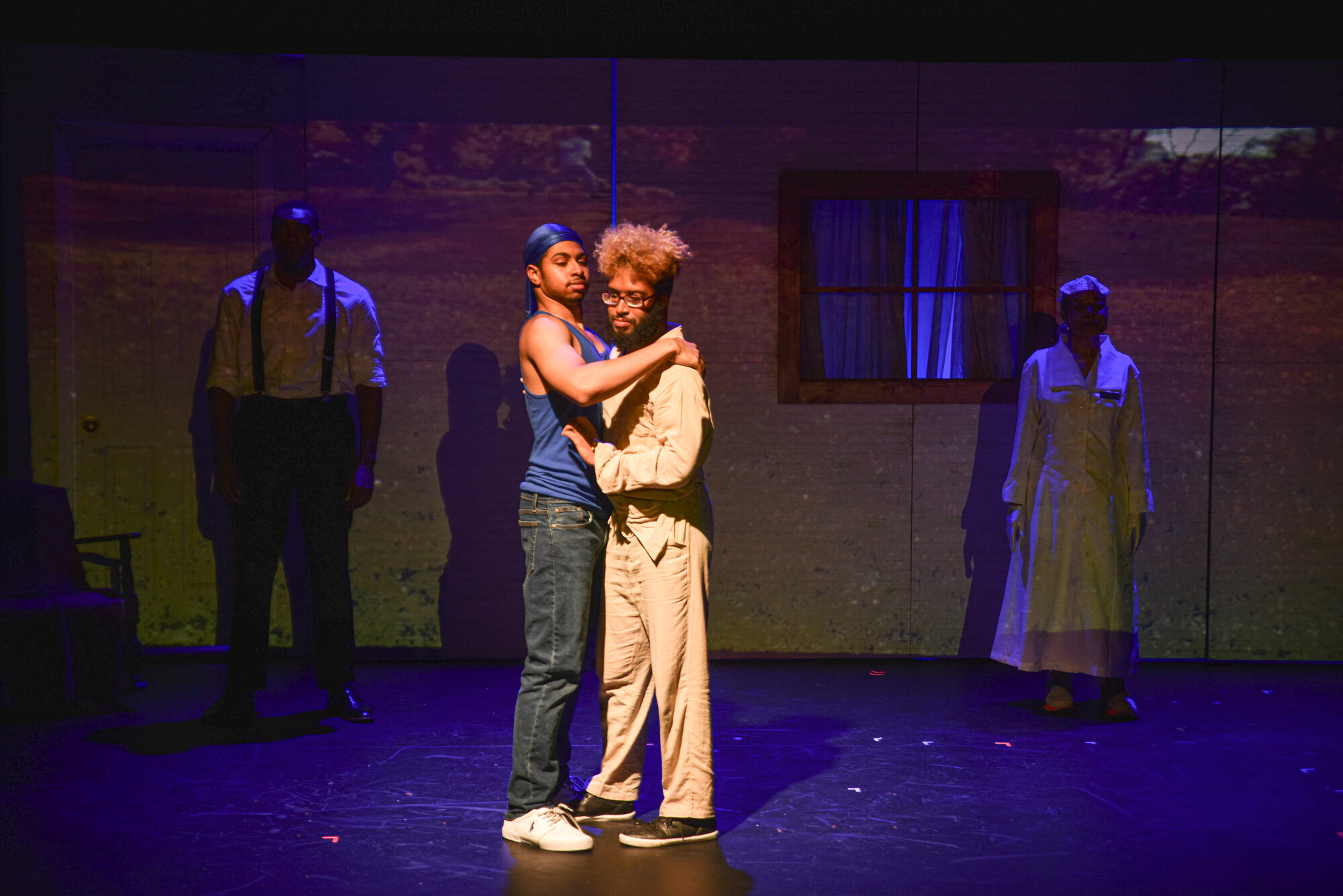
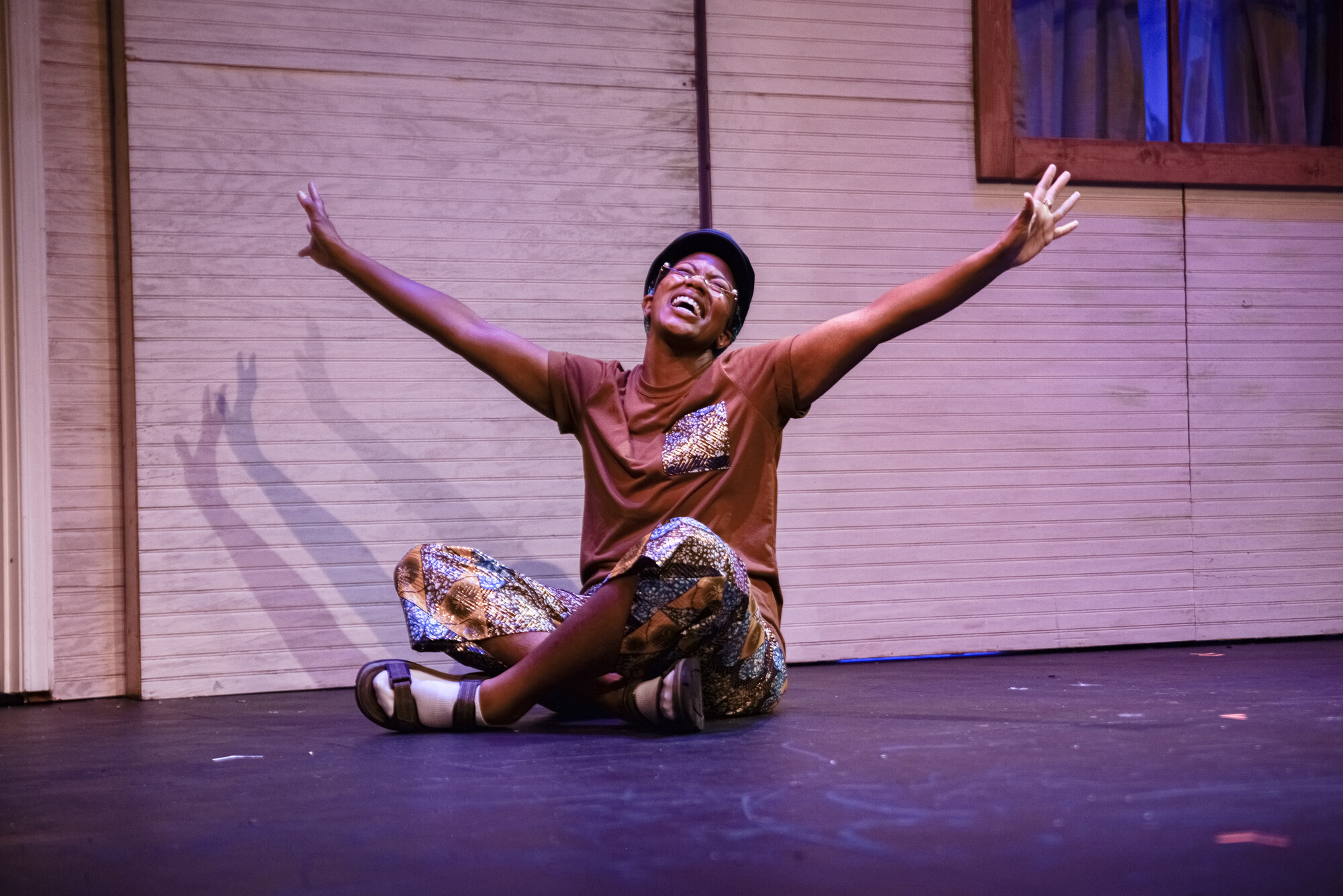
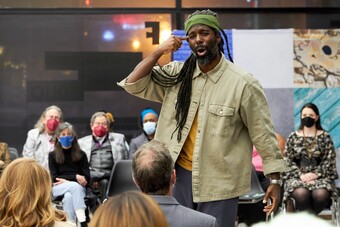




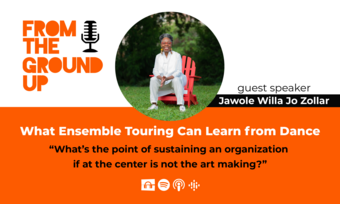


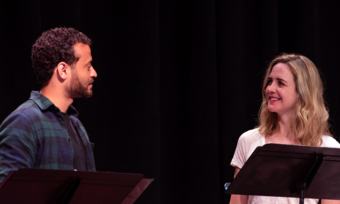

Comments
The article is just the start of the conversation—we want to know what you think about this subject, too! HowlRound is a space for knowledge-sharing, and we welcome spirited, thoughtful, and on-topic dialogue. Find our full comments policy here